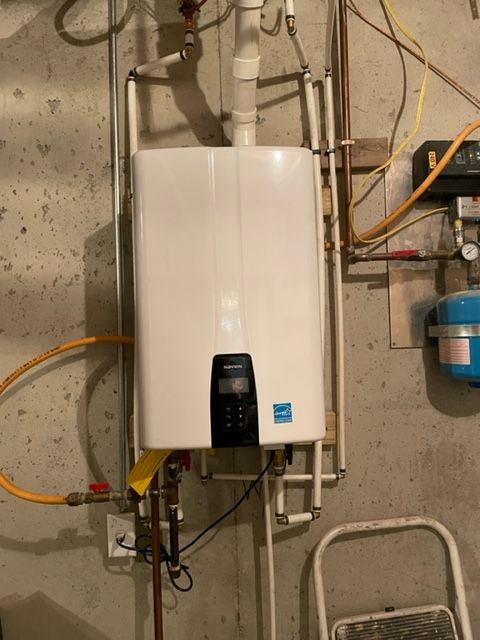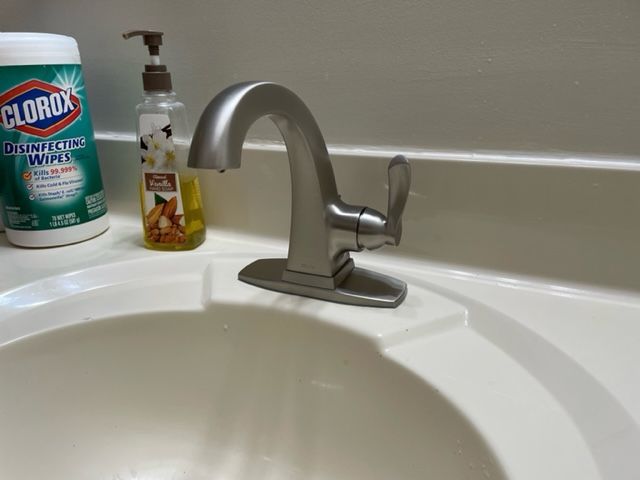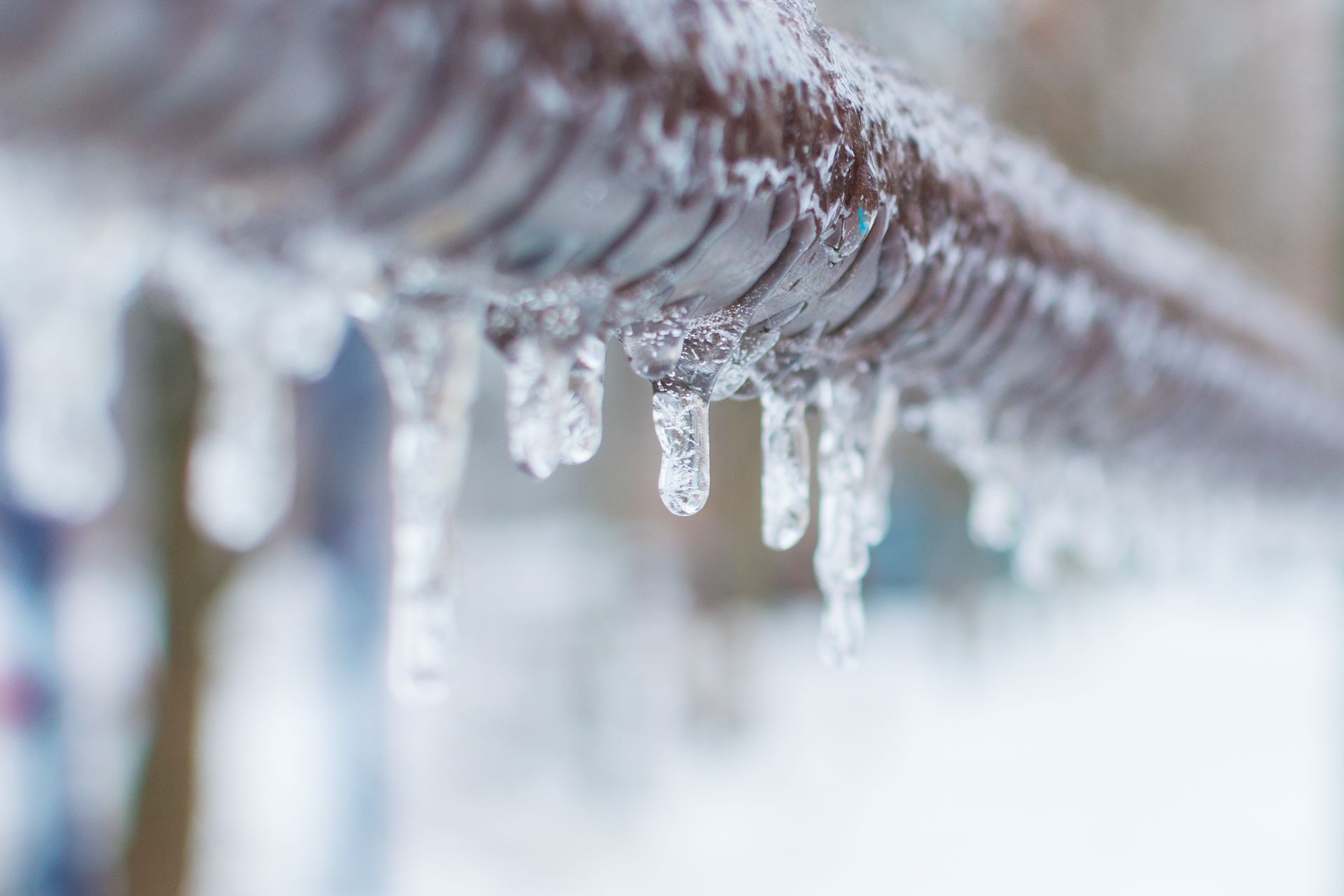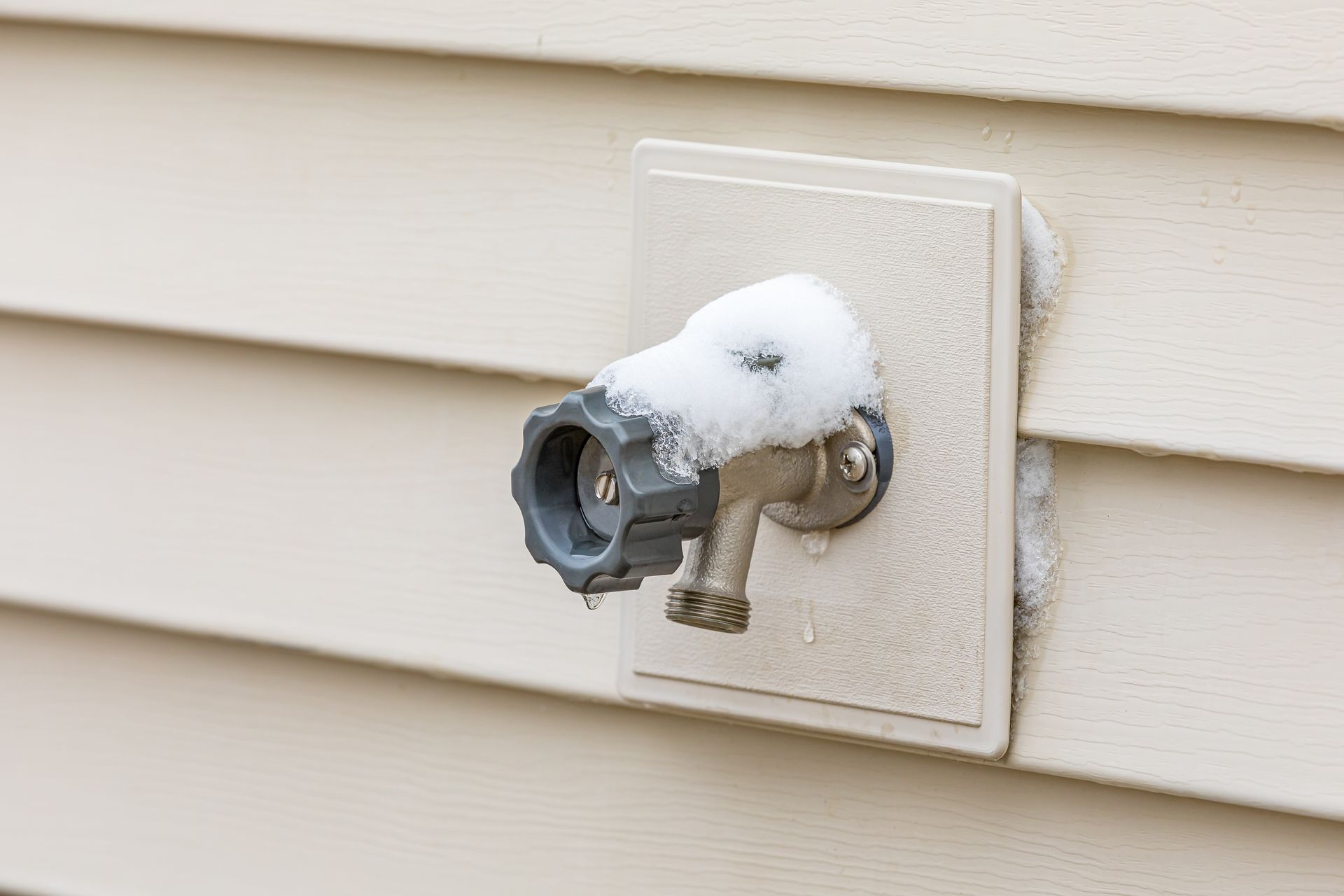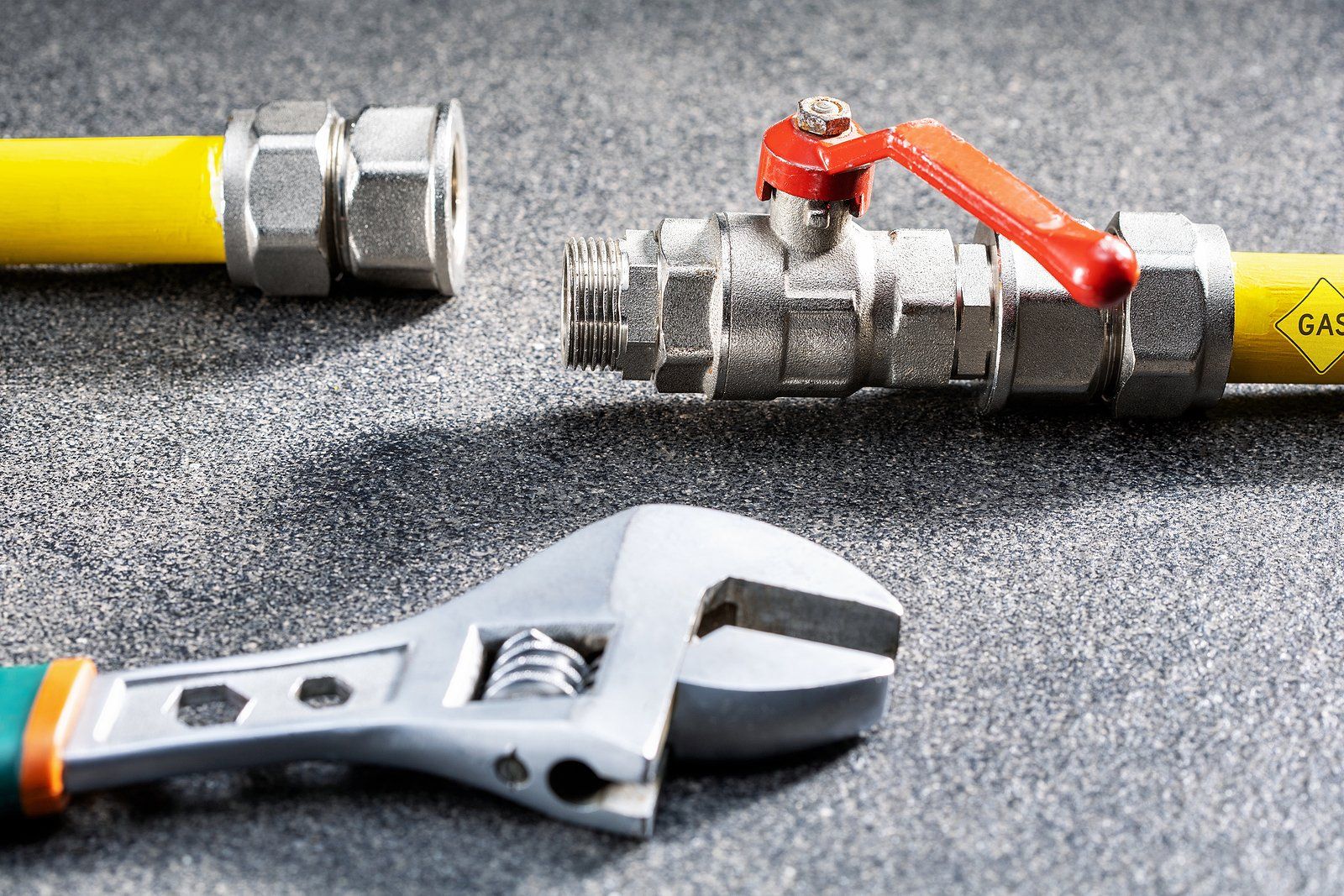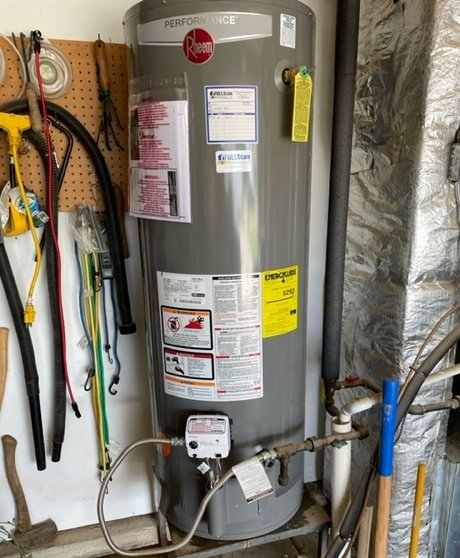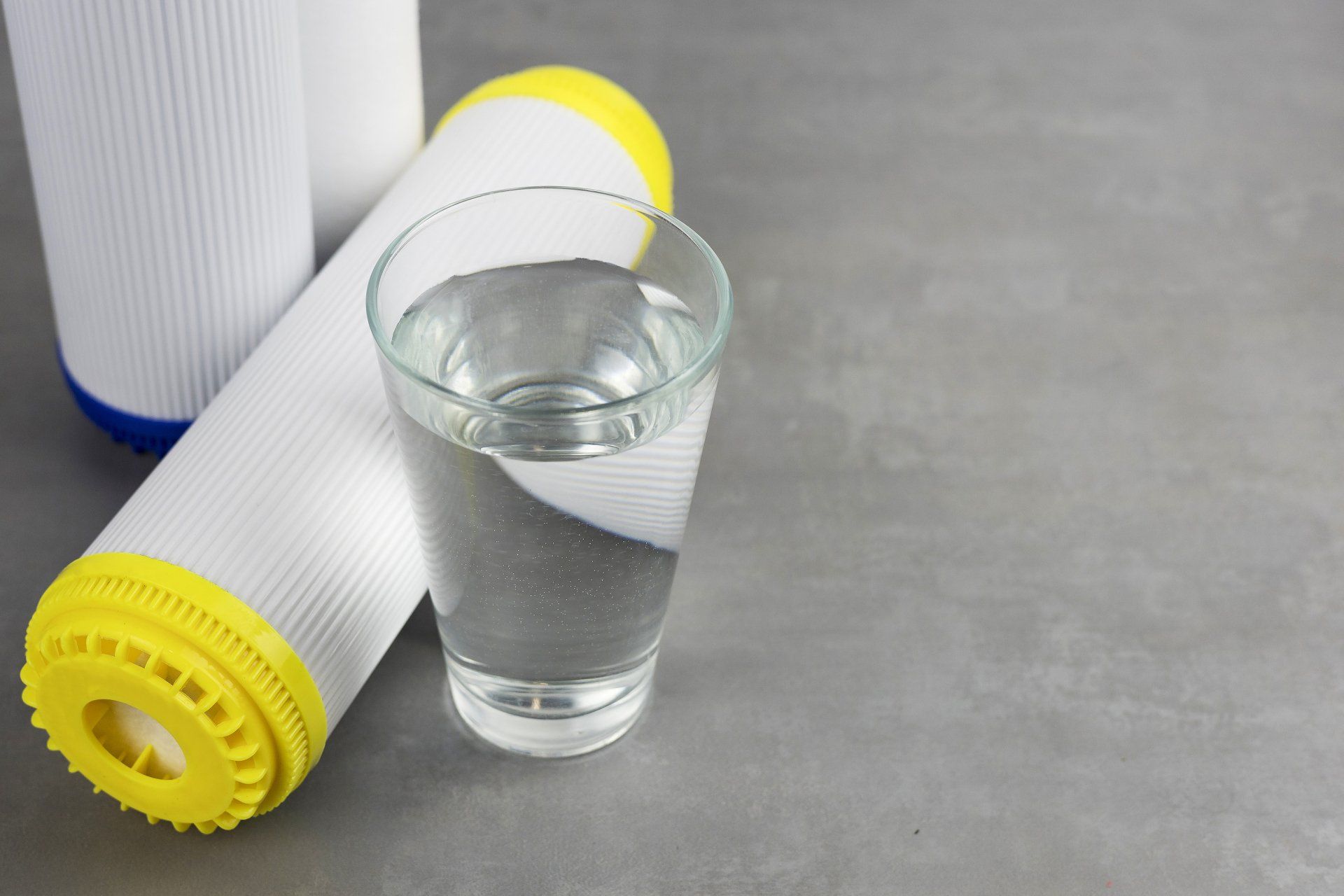What's the Impact of Weather Changes on Plumbing
The Impact of Quick Weather Changes on Your Plumbing System
One day, you wake up to a beautiful sunny morning with clear skies, and the next, you're facing a sudden cold front or a torrential downpour. While quick weather changes can make for interesting conversation, they can also have a significant impact on your plumbing system. In this blog, we'll explore how rapid weather shifts can affect your pipes, faucets, and overall plumbing infrastructure.
1. Temperature Fluctuations
One of the most common weather-related plumbing issues arises from temperature fluctuations. When the weather shifts from hot to cold or vice versa in a short period, it can cause your pipes to expand and contract rapidly. Over time, this constant expansion and contraction can weaken your pipes and joints, potentially leading to leaks or bursts.
Preventive Tip: Consider insulating your pipes, especially those in unheated areas, to minimize the effects of temperature fluctuations. This can help protect your plumbing system during rapid weather changes.
2. Frozen Pipes
Sudden drops in temperature, especially during winter, can lead to frozen pipes. When water inside your pipes freezes, it expands and can cause the pipes to crack or burst. The result can be extensive water damage and costly repairs.
Preventive Tip: To prevent frozen pipes during cold snaps, keep your home adequately heated and allow faucets to drip slightly. This continuous flow of water can help prevent pipes from freezing.
3. Heavy Rain and Flooding
Quick weather changes can also bring heavy rainfall and flooding. Excess water can overwhelm your drainage system, leading to backups, clogs, and even sewage issues. Heavy rain can also infiltrate your sewer system, causing it to back up into your home.
Preventive Tip: Regularly clear your gutters and downspouts to ensure efficient drainage. Installing a sump pump can also help prevent flooding by redirecting excess water away from your home.
4. Water Pressure Fluctuations
Sudden weather changes can affect water pressure in your area. A sudden drop in pressure can lead to backflow issues, where contaminated water flows back into your clean water supply. This can pose health risks and contaminate your drinking water.
Preventive Tip: Consider installing a backflow prevention device to protect your water supply from contamination during pressure fluctuations.
5. Sewer Line Problems
Extreme weather changes, such as heavy rainfall followed by sudden heat, can impact the ground's moisture levels. This can lead to shifting soil and settling, which may affect your sewer lines. Cracked or shifted sewer lines can result in sewage backups and foul odors.
Preventive Tip: Regular sewer line inspections can help identify issues before they become major problems. If you notice any signs of sewer line trouble, such as slow drains or foul smells, seek professional assistance promptly.
6. Pressure on Appliances
Rapid weather changes can also impact appliances like your water heater. A sudden drop in temperature can make your water heater work harder to maintain the desired water temperature. This increased strain can lead to premature wear and tear on the appliance.
Preventive Tip: Consider adjusting your water heater's temperature settings during extreme weather changes to reduce strain on the unit. Regular maintenance can also extend the life of your water heater.
In conclusion, while you can't control the weather, you can take preventive measures to protect your plumbing system from the effects of quick weather changes. Regular maintenance, insulation, and awareness of potential issues can go a long way in ensuring your plumbing stays in top shape, regardless of the weather outside. If you encounter plumbing problems during rapid weather shifts, don't hesitate to reach out to a professional plumber to address the issue promptly and prevent further damage.
